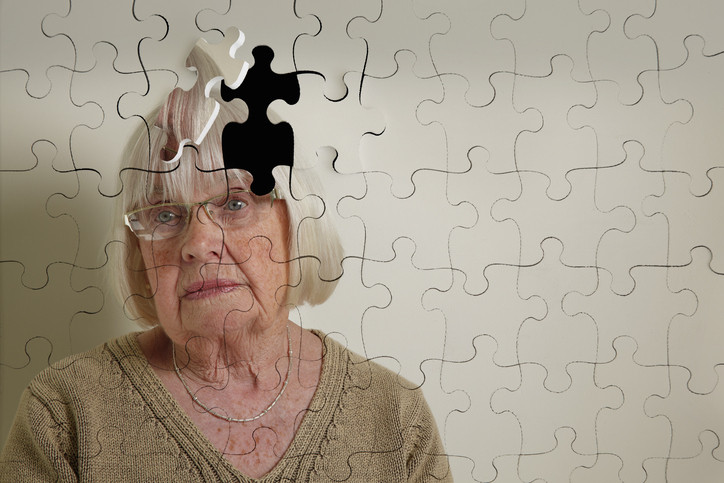It may not be too late to protect against dementia
In the journals
- Reviewed by Howard E. LeWine, MD, Chief Medical Editor, Harvard Health Publishing; Editorial Advisory Board Member, Harvard Health Publishing

Observational studies have shown a strong link between high blood pressure and an increased risk of dementia. But once people reach a certain age, is it too late to protect their cognitive health by taking medication to lower their high blood pressure? New research suggests it is not.
Investigators recently analyzed five randomized, double-blind, placebo-controlled trials involving 28,000 people (average age 69) with high blood pressure. All trials measured blood pressure at baseline and annually for an average follow-up period of 4.3 years. Each trial compared people who were prescribed blood pressure medication with those who took placebos.
The results showed that people who took blood pressure medications had a 13% lower risk of dementia. And those who had the most significant drop in blood pressure also had the greatest reduction in dementia risk.
The findings suggest that for many older adults with high blood pressure, there is still time to help protect their mind. The study was published online Oct. 25, 2022, by the European Heart Journal.
Image: © Andrew Bret Wallis/Getty Images
About the Author

Matthew Solan, Former Executive Editor, Harvard Men's Health Watch
About the Reviewer

Howard E. LeWine, MD, Chief Medical Editor, Harvard Health Publishing; Editorial Advisory Board Member, Harvard Health Publishing
Disclaimer:
As a service to our readers, Harvard Health Publishing provides access to our library of archived content. Please note the date of last review or update on all articles.
No content on this site, regardless of date, should ever be used as a substitute for direct medical advice from your doctor or other qualified clinician.
















